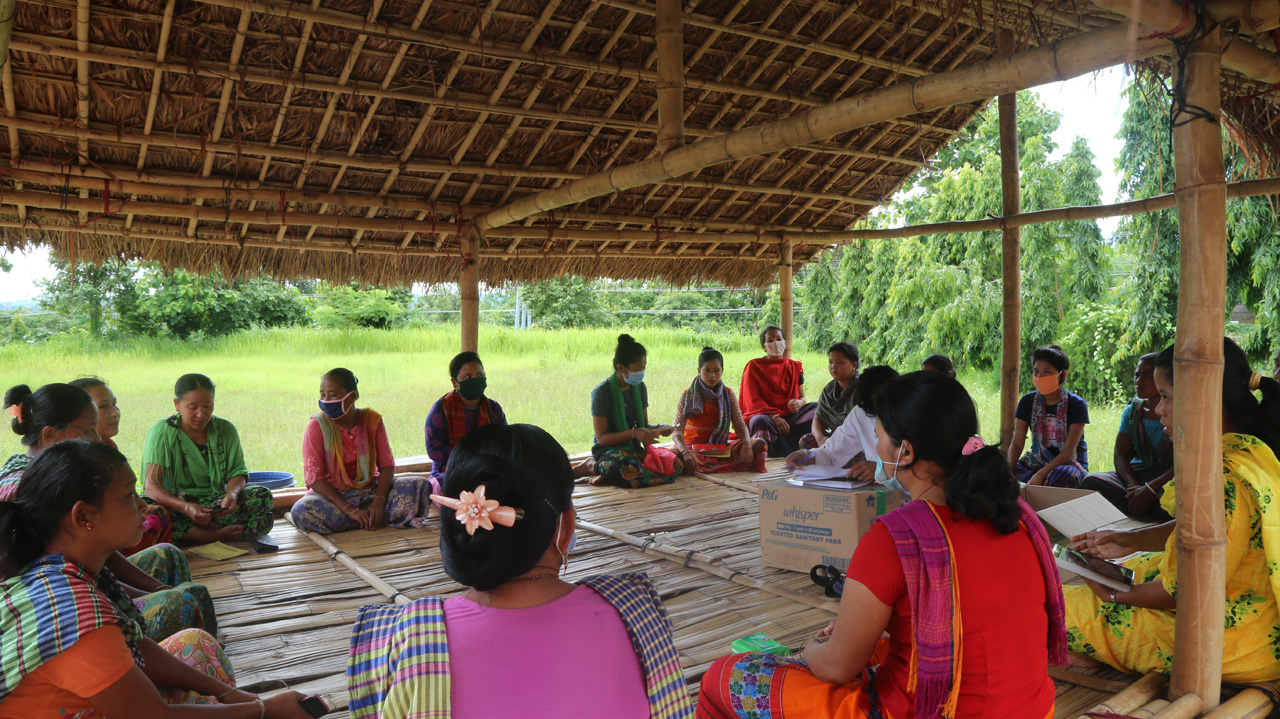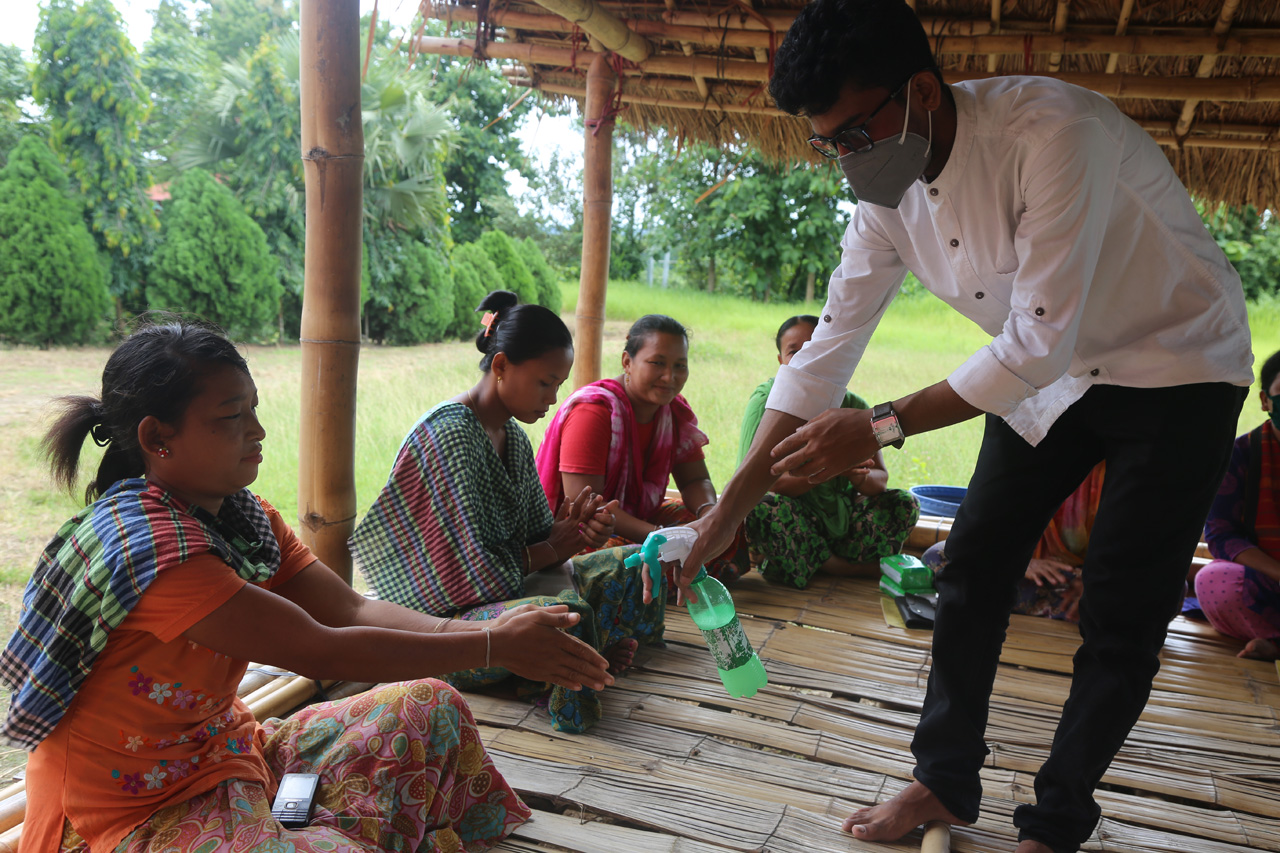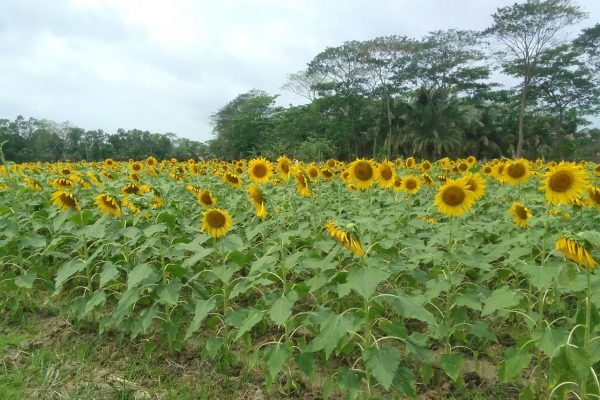Reading Time: 2 minutes
The fall in income brought on by COVID-19 has pushed the need for sanitary napkins far down the list of essentials for many families. As a result, many women and girls are at risk of a fall in reproductive health.
Nasima* is in class eight. She lives in Korail slum, the biggest slum in Bangladesh. The impacts of COVID-19 have been difficult to cope with for the 15-year old.
Nasima lives with her parents, both of whom are daily wage labourers. Buying sanitary napkins during her periods has never been affordable, and she often ends up resorting to using old clothing as an alternative.
The pandemic pushed her parents’ incomes down even further. Managing one meal a day has become a challenge, and sanitary napkins are considered as a luxury commodity.
Taboos around menstrual health and hygiene and the lack of affordable sanitary napkins makes menstruation challenging in Bangladesh. Gender inequality continues to perpetuate harmful norms, which perpetuate the taboos.

Woman Traditonal Leader with the BRAC Beneficiaries
More than 54 million girls and women in Bangladesh menstruate every month. There is no record of how many of them have access to sanitary methods to ensure safe periods.
Shutdown across Bangladesh as a result of COVID-19 has significantly impacted households living in slums. Per capita income in the slums dropped from BDT 108 (USD 1.30) to BDT 27 (USD 0.32). For people living in poverty in rural areas, per capita income declined from BDT 89 (USD 1.05) to BDT 33 (USD 0.39). COVID-19 is therefore likely to have a negative effect on women’s menstrual health, with low income households not prioritising items such as sanitary napkins as essential commodities.
According to the baseline National Hygiene Survey 2018, 79% of all women and girls in Bangladesh use old clothes as substitutes for pads. The lack of menstrual hygiene results in infections and diseases and also affects school dropout rates, as girls are often forced to stay home during their periods.
To support girls like Nasima, BRAC, in collaboration with Procter & Gamble, has distributed 137,423 packets of sanitary napkins to support access to menstrual health products of adolescent girls and women in low-income households in Bangladesh.

BRAC health worker is disinfecting before the distribution.
The packets were distributed to low-income households in urban slums, rural villages, and vulnerable indigenous communities in the Chittagong Hill Tracts. For 30-year-old Arema Marma, the package of sanitary napkins brought a sense of relief. “I will share these with my daughters. Having the pads means I do not have to worry about our periods for now, and I can use the saved money for other purposes. I also like that the colours of the napkin packets are beautifully bright!” Arema said, smiling.
It is crucial for both public and private sector organisations to consider sanitary napkins as an essential commodity. While many organisations are providing support with essential items for household level relief, we must acknowledge that periods do not stop for a pandemic.
*Name changed to preserve identity.
Photo credit: Mong Circle Chief’s office
Sanjida Afrin is Deputy Manager, Health, Nutrition and Population Programme, BRAC.





